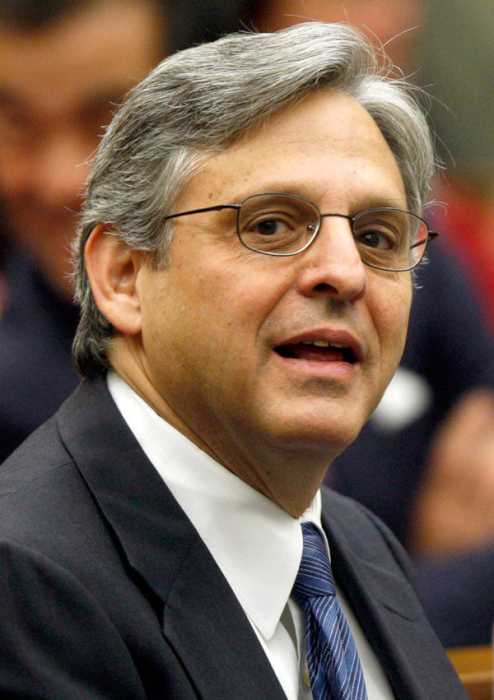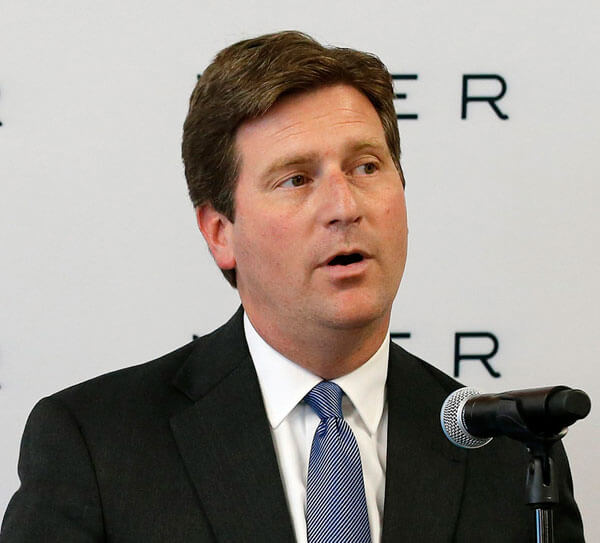Brooklyn Council Member Jumaane Williams says he’s disheartened by some extremists’ “bigoted agenda” in light of Monday’s ruling by the United States Supreme Court in favor of a Colorado baker who had refused to make a wedding cake for a gay couple.
“The Supreme Court’s ruling did not- under any circumstances- change our nation’s anti-discrimination laws,” said Williams, the Democratic representative for the 45th Council District in Brooklyn. “But it’s disheartening that some extremists are using this to push their bigoted agenda by celebrating it as a win for Republicans.
“To be clear: it’s not a win,” asserted Williams, the son of Grenadian immigrants and a candidate for New York State lieutenant governor. “This narrow decision focused on procedural matters in the case.
“Religion should never be used as a tool to discriminate or oppress LGBTQ individuals, or women, or Muslims, or immigrants, or any individual,” Williams continued.
He charged that hate crimes are on the rise across America under Donald Trump presidency, stating that while Trump and his administration “may not recognize June as Pride Month, New York does and always will.
“Our city and state’s diversity is what makes us strong,” he said. “So, we must always fight back against any form of hatred and bigotry to ensure that our LGBTQ community- and all New Yorkers- enjoy the equal rights and protections they deserve.”
Legal analysts said that while the US Supreme Court’s ruling was narrow in scope, it left ajar the broader question of whether a concern can discriminate against gay men and lesbians based on rights enshrined in the First Amendment to the US Constitution.
The gay couple, David Mullins and Charlie Craig, who were planning to get married in Massachusetts in 2012, had visited Jack Phillips’s bakery, Masterpiece Cakeshop, in Lakewood, Colorado.
The couple wanted a wedding cake for their reception, but Phillips refused to make or sell the cake, because of religious reasons.
In the court’s ruling, Justice Anthony M. Kennedy, writing for the majority, said the Colorado Civil Rights Commission, which at first ruled against Phillips, demonstrated animosity towards religion.
But, simultaneously, Justice Kennedy vehemently upheld gay rights’ protections.
“The outcome of cases like this in other circumstances must await further elaboration in the courts – all in the context of recognizing that these disputes must be resolved with tolerance, without undue disrespect to sincere religious beliefs, and without subjecting gay persons to indignities when they seek goods and services in an open market,” he wrote.
Williams, therefore, said some Republican extremists misinterpreted the court’s ruling by wrongfully claiming victory in the case.

























